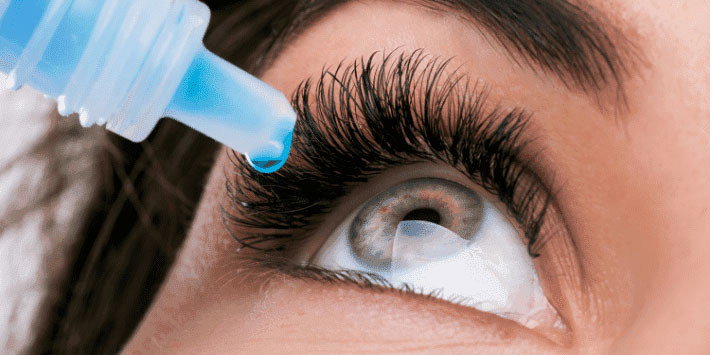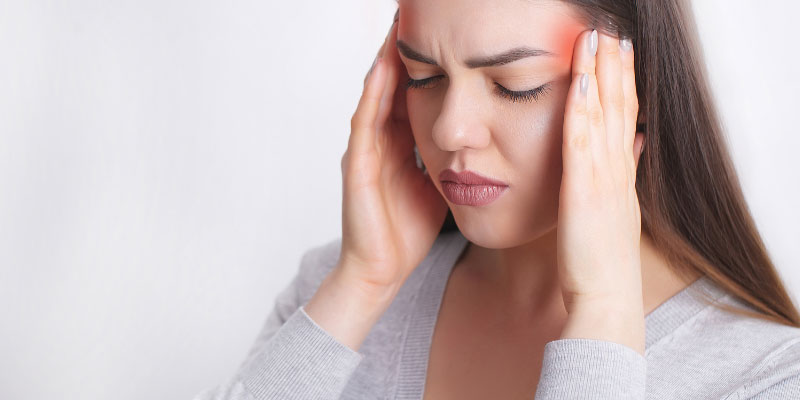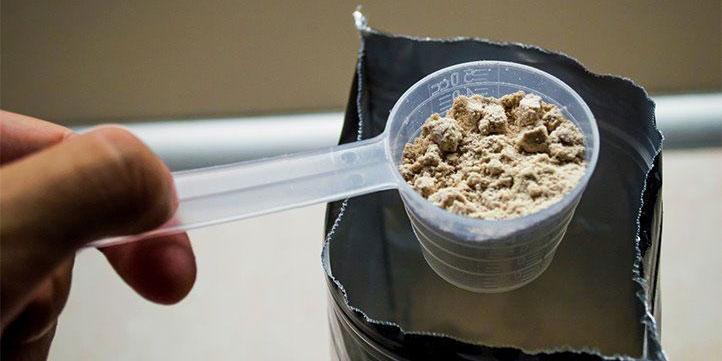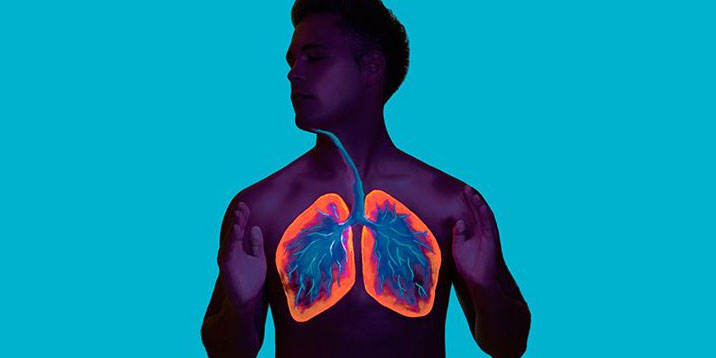
The course of life is not always a bed of roses. The emotional toll of overcoming obstacles is especially high if your well-being as a whole may use some work, to begin with. Feeling physically and emotionally strong can help you deal with stress positively and constructively.
This is why self-care, or activities that boost emotional and physical health, is crucial. Contrary to what you may have read online, there is no universal self-care regimen that will work for everyone.
First, Some Questions To Ask During The Process
Make sure your self-care strategy is realistic and meets your requirements by asking yourself these questions when you go into the weeds.
Can I Foresee Myself Making Use of This Strategy?
If you don't follow through with your strategy for self-care, it won't help you very much. Perhaps you're interested in starting a garden after reading about its many advantages, but the thought of dirt, grubs, and worms makes your stomach turn. A succulent or another low-maintenance indoor garden may be an option here.
Do Monetary Considerations Matter?

Let's pretend you want to start exercising more, so you join a pricey gym. If you go once a week, the added expense may stress you more than the added energy you get from going out. However, there's no shame in investing in a solution that delivers results.
Takeout meals on work evenings might mount up if cooking isn't your forte and you choose for convenience instead. This cost may be reasonable if it means more time spent with your family.
Have I Got Time For This?
Self-care is most effective when it is practiced consistently. You should do self-care whenever you feel worried, not just when things are at their worst. After all, taking care of your needs might help you avoid experiencing extreme stress in the first place.
What Has Been Proven Effective In The Past?

Consider a point in your life, perhaps one from your youth or late adolescence, when you felt contentment and optimism. When did they start thinking this way? Maybe it was the freedom from adult obligations, or maybe you just felt more fun back then.
According to Dew, self-care is most effective when the individual's life experience guides it. He says memories may be used to bring back feelings of peace and health. "When you remember times in your childhood that seemed innocent, those times frequently have more profound influence as you attempt to welcome that feeling into the present," adds Dew.
Identify Your Immediate Physiological Requirements
The necessities of physical self-care comprise those items which aid in maintaining optimal bodily function. Think about what you need and what you're already doing to care for yourself physically. Include in your self-care strategy a focus on areas where you've identified a need for improvement.
Sleep
The average adult need between 7 and 9 hours of sleep every night. Consistent sleep deprivation can negatively affect one's mental and physical well-being. The good news is that you can frequently enhance both the quantity and quality of your sleep on your own, although many people do not obtain the necessary amount.
Healthcare
Self-care might include overcoming your fear of the doctor's office and making an appointment as soon as you notice a problem. If you haven't experienced any symptoms and feel good otherwise, you might not see the need to get a yearly exam, especially if you don't have health insurance.
However, keeping up with your doctor's appointments might help you identify developing health problems before they worsen. Problems that seem minor at first might rapidly worsen, affecting one's ability to sleep and eat normally.
Nutrition
The foods you eat are only part of what constitutes good nutrition. Eating a healthy, well-rounded diet that emphasizes nutrient-dense foods over those with few health advantages is a great way to safeguard your health.
You may improve your relationship with food by practicing mindful or intuitive eating techniques, which can make you feel fuller after eating and make it less difficult to eat a variety of foods in moderation without putting undue stress on your mind or body.
Exercise
Recommendations for Physical Activity as of Late According to reputable sources, adults in good health should aim for at least 150 minutes of moderate-intensity exercise every week.
When you're not enjoying your workout, it might seem like a duty instead of a means to an end. However, if it's something you can view as a hobby or pastime, you'll be more motivated to engage in it often.
Picking out physical activities that you actually look forward to (or at least don't actively dislike) is the best way to include them in your self-care routine. If you despise jogging, maybe you might get a bike or some roller skates instead of a pair of running shoes.



